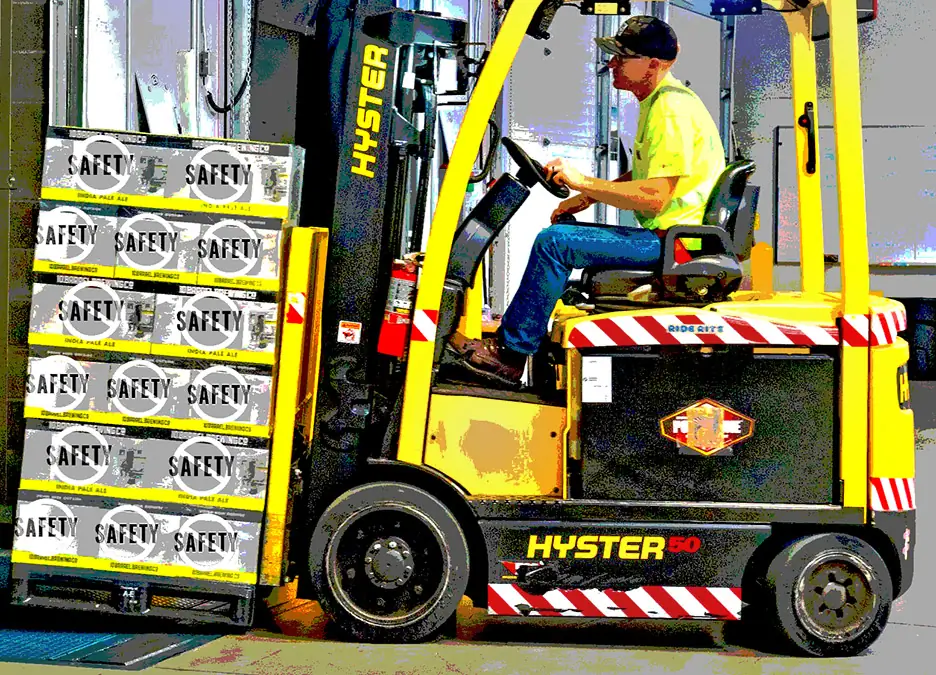CALIFORNIA WHISTLE BLOWER LAWYER
The Employment Lawyers Group has represented hundreds of California whistle blowers in lawsuits against their employers. The law on whistle blowing is:
• the employee must complain about something that is illegal, or they reasonably suspect is illegal;
• the illegal conduct must effect society at large opposed to merely internal issues in the company;
• the complaint must be made to a supervisor or manager;
• the employer must take an adverse employment action against the employee due to the complaint.

The following types of complaints are complaints about violations of the law that create wrongful termination and make an employee a whistle blower:
• An actual report to a government agency (the employer must learn of)
• A complaint that a statute is being violated
• A complaint about any form of discrimination or harassment based upon age, disability, protected medical condition, national origin, or race
• A refusal to engage in unlawful or unhealthy work requests of the employer
• A refusal to testify falsely
• A refusal to desist in using a leave of absence law created by a statutory right
It is one thing to be a whistle blower. It is another to have a case. If the employer knows of the whistle blowing in order for there to be a case there must be an adverse employment action taken towards the employee
CALL (661) 412-9600 TO TALK TO AN EXPERIENCED CALIFORNIA WHISTLE BLOWER LAWYER

ADVERSE EMPLOYMENT ACTION LAWYER
In the real world of contingency lawyers, and courts an employee needs to actually be fired or forced to quit for there to be a case against an employer due to the employee's whistle blowing. Courts have been particularly limited on what they consider to be an adverse employment action. Unless there is a material change in the employment there is not an adverse employment action. Being looked at oddly, or allegedly being treated differently is simply not enough for a lawyer to file a case for retaliation. The likelihood in the court allowing a retaliation lawsuit to go forward is unlikely unless there is a loss of a job or a change in employment costing the employee a substantial sum of money. Courts and arbitrators have even held that making an employee work in a small storage room is not an adverse employment action if they are continuing to be paid the same salary they received before the alleged adverse action based. It is important to understand contingency fee lawyers are not available for general human resource advice. Moreover, courts are not available to air general workplace grievances of unfair treatment that do not result in the loss of a job.
CONTINGENCY LAWYER FOR WRONGFUL TERMINATION
Presuming an employee has engaged in protected activity and properly made these issues known to the employer a wrongful termination lawsuit exists if the employee is fired due to these complaints, or forced to quit. The standard regarding being forced to quit is not easy. The working conditions must be intolerable and after advising the employer of the intolerability the employer must refuse to remove the intolerability. Before quitting a job employees are strongly advised to call (661) 412-9600 to determine if they are going about their resignation in a manner that will allow them to quit and sue and/or collect unemployment. Good wrongful termination lawsuits involve employment terminations that were not going to happen had it not been for the whistle blowing. Friction between supervisors and managers after the complaint is evidence the employment termination may have been due to the whistle blowing. The employer's refusal to agree that patently illegal conduct is illegal may be evidence of motive to terminate. Moreover, the employer's acknowledgment the conduct is dubious but continued requests the company engage in the conduct is evidence the complaining trouble maker may have been fired for complaining.
Wrongful termination is difficult if not unlikely to prove if:
• The employee complains, the employer indicates the employee is justified in the complaint, and it appears the employer is trying to stop the illegal practice
• It cannot be proven the employer knew of the employee's complaint about an illegality
• The conduct complained about is not illegal
• The employee did not have a reasonable suspicion the conduct they complained about was illegal
Wrongful termination and whistle blowing have precise legal meanings.
Employees are strongly encouraged to call (661) 412-9600
if they believe they were fired or forced to quit due to whistle blowing.
Let our experienced whistle blower lawyers ask the right questions of you to determine if you have a wrongful termination case against your employer.
CALL (661) 412-9600
FOR AN EXPERIENCED WRONGFUL TERMINATION LAWYER




